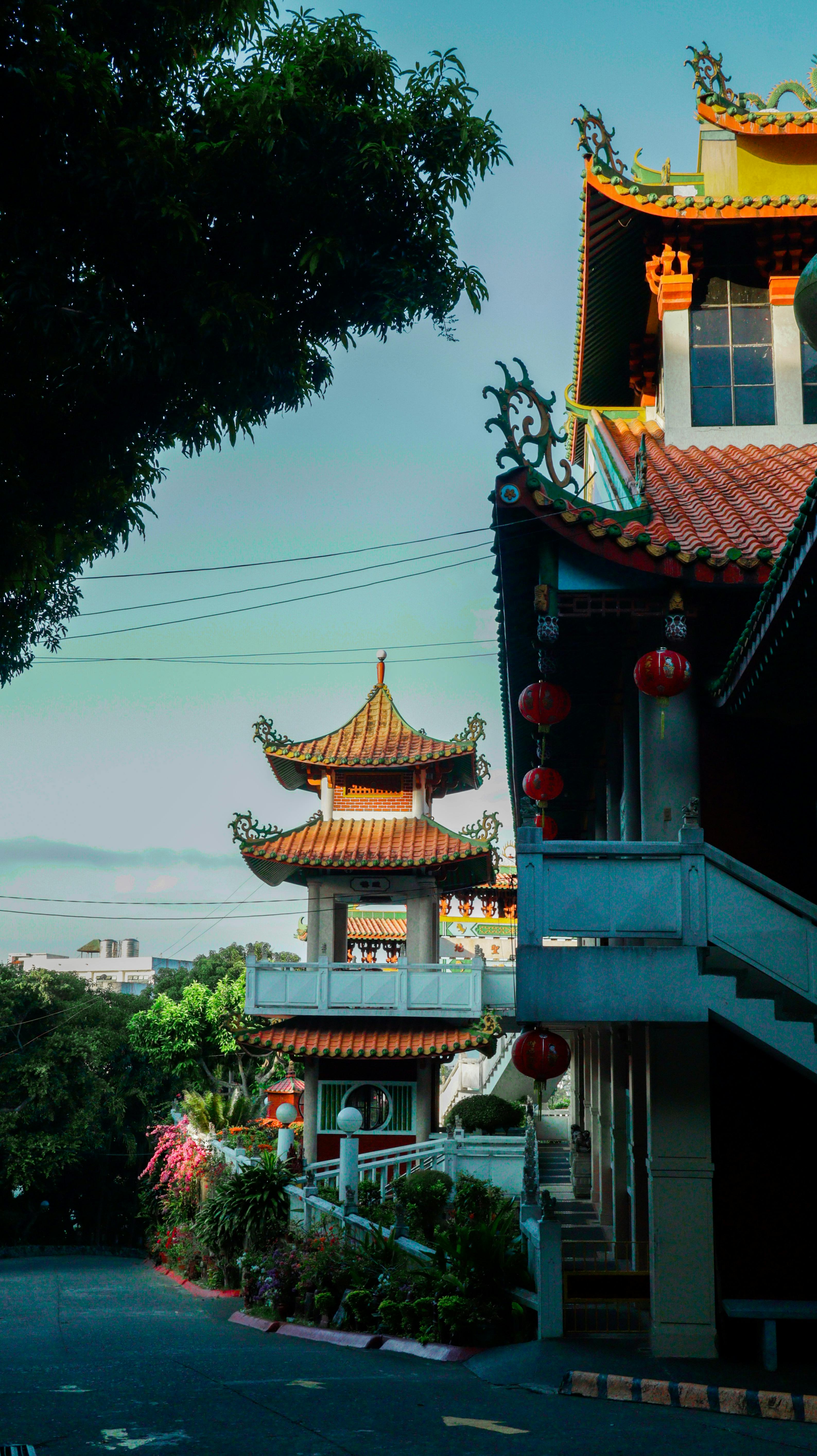Online dating
Stereotypes of Chinese women
Gender role attitudes that have historically contributed to economic inequality for women ( e .g., Confucian ideas of virtuous women ) have not lost their appeal in the midst of China’s economic boom and reformation. This investigation looks into how female college students feel about being judged according to the conventionally held belief that women are virtues. Participants in Experiment 1 were divided into groups based on their level of work or family orientation, and they were then asked to complete a vignette describing one of three scenarios: group or individual positive stereotype evaluation. Unstereotypical favorable evaluation was the third condition. Finally, participants gave ratings for how they liked the adult destination. The findings indicated that women who were more focused on their careers detested virtuous stereotype-based evaluations asian ladies for marriage more than those who are family-oriented. According to regression study, the belief that positive stereotypes are normative mediates this difference.
Different preconceptions of Chinese people include being unique” Geisha girls,” hardly being viewed as capable of leading or becoming officials, and being expected to be obedient or passive. The persistent golden hazard myth, in certain, feeds anti-asian attitude and has led to harmful measures https://www.theguardian.com/books/2023/feb/27/ill-always-be-a-bad-feminist-roxane-gay-on-love-success-and-upsetting-piers-morgan like the Chinese Exclusion Act and the incarceration of Japanese Americans during World war ii.

Little is known about how Chinese people react to positive prejudices, despite the fact that the unfavorable ones are well-documented. By identifying and examining Eastern women’s sentiments toward being judged according to the conventional favorable righteous myth, this study aims to close this gap.